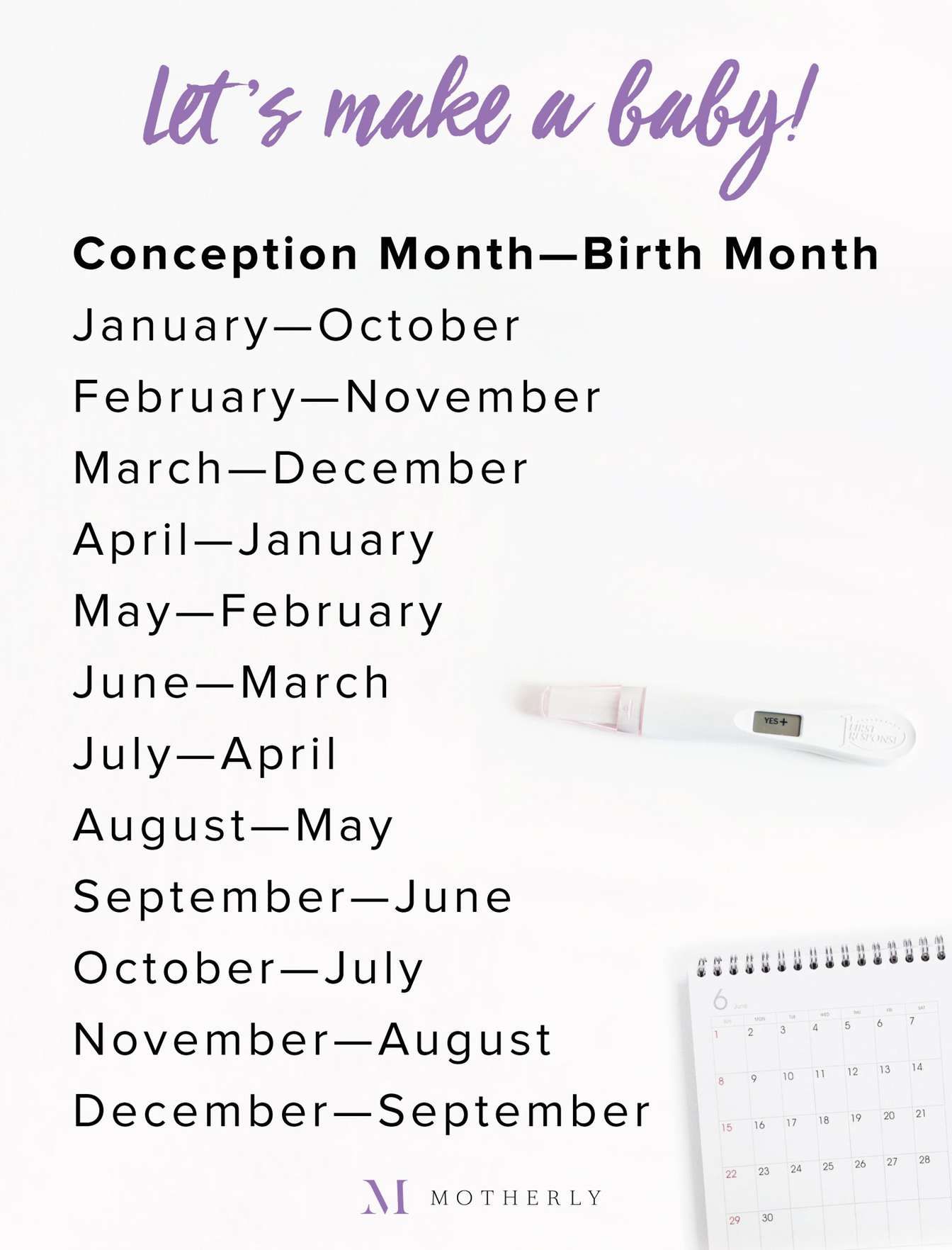
Pregnancy Due Date by Conceiving Date
Introduction
Determining your pregnancy due date is crucial for prenatal care, planning for the baby’s arrival, and ensuring a healthy pregnancy. While the traditional method of calculating the due date based on the last menstrual period (LMP) is widely used, it can be less accurate for women with irregular cycles or those who are unsure of their LMP. In such cases, calculating the due date based on the conceiving date can provide a more precise estimate.
Calculating the Due Date by Conceiving Date
The conceiving date, also known as the ovulation date, is the day when the egg is released from the ovary and becomes available for fertilization. To calculate the due date based on the conceiving date, follow these steps:
-
Identify the conceiving date: If you know the exact date of ovulation, use that as the conceiving date. If you don’t know the exact date, estimate it based on your average menstrual cycle length. Subtract 14 days from the first day of your last period to get an approximate conceiving date.
-
Add 266 days: Once you have the conceiving date, add 266 days to it. This is the average length of a pregnancy, from conception to delivery.
-
Adjust for leap years: If the conceiving date is in February of a leap year, add one extra day to the calculation.
Example:
Let’s say you ovulated on March 15, 2023. To calculate the due date:
- Add 266 days: March 15, 2023 + 266 days = December 29, 2023
- Adjust for leap year: Since March 15 is in February of a leap year, add one day: December 29, 2023 + 1 day = December 30, 2023
Therefore, your estimated pregnancy due date based on the conceiving date is December 30, 2023.
Accuracy of the Conceiving Date Method
The accuracy of the conceiving date method depends on the accuracy of your ovulation date estimate. If you are unsure of your ovulation date, the due date calculation may be less precise. Factors that can affect the accuracy include:
- Irregular menstrual cycles
- Hormonal imbalances
- Use of ovulation-inducing medications
- Stress or illness
Ultrasound Confirmation
An ultrasound examination can provide a more accurate estimate of the due date, especially in the early stages of pregnancy. During an ultrasound, the doctor can measure the size of the embryo or fetus and compare it to established growth charts. This information can help refine the due date calculation and ensure a more accurate estimate.
Importance of a Precise Due Date
Knowing your pregnancy due date is important for several reasons:
- Prenatal care: The due date determines the timing of prenatal appointments, screenings, and tests.
- Delivery planning: The due date helps you plan for the baby’s arrival, including choosing a hospital or birthing center and arranging childcare.
- Health monitoring: The due date allows healthcare providers to monitor the baby’s growth and development throughout the pregnancy.
- Induction or C-section: In some cases, the due date may be used to determine the timing of an induction or C-section.
Conclusion
Calculating the pregnancy due date based on the conceiving date can provide a more precise estimate for women with irregular cycles or those who are unsure of their LMP. While the conceiving date method is not as accurate as an ultrasound examination, it can be a helpful tool for estimating the due date and planning for the baby’s arrival. By working with your healthcare provider, you can determine the most accurate due date and ensure a healthy pregnancy and delivery.